“We search for happiness everywhere,” writes Elizabeth Gilbert in her bestselling memoir turned movie, Eat Pray Love (2006). “But we are like Tolstoy’s fabled beggar who spent his life sitting on a pot of gold, begging for pennies from every passerby, unaware that his fortune was right under him the whole time.”
Having spent a year traveling through Italy, India and Indonesia on a journey of self-discovery following a failed marriage, Gilbert reveals what countless spiritual gurus throughout the centuries have heralded as a profound life truth: that joy, love, peace and contentment dwell within.
Indeed, Gilbert’s words call to mind those of:
- Anne Lamott, who proclaimed in Almost Everything: “You can’t buy, achieve, or date serenity. Peace of mind is an inside job, unrelated to fame, fortune, or whether your partner loves you”;
- The Dalai Lama, who said in The Book of Joy: “Everyone seeks happiness, joyfulness, but from outside – from money, from power, from big car, from big house. Most people never pay much attention to the ultimate source of a happy life, which is inside, not outside”;
- And the ancient text The Bhagavad Gita: “He who finds peace and joy and radiance within himself – that man becomes one with God and vanishes into God’s bliss.”
Having first read Eat Pray Love in 2007, I recently came across a document of quotes that I had saved from the book. Below is a condensed version. Enjoy!
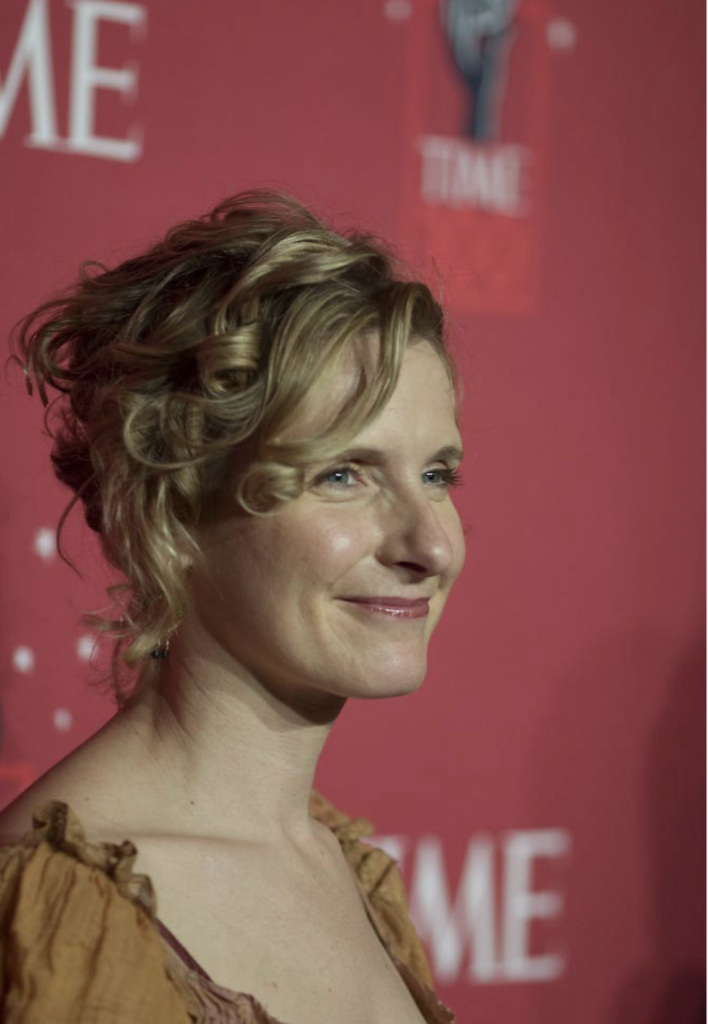
On loneliness:
“So be lonely. Learn your way around loneliness. Make a map of it. Sit with it, for once in your life. Welcome to the human experience. But never again use another person’s body or emotions as a scratching post for your own unfulfilled yearnings.”
On your true identity:
“The Yogis say that human discontentment is a simple case of mistaken identity. We’re miserable because we think that we are mere individuals, alone with our fears and flaws and resentments and mortality. We wrongly believe that our limited little egos constitute our whole entire nature. We have failed to recognize our deeper divine character. We don’t realize that, somewhere within us all, there does exist a supreme Self who is eternally at peace. That supreme Self is our true identity, universal and divine. Before you realize this truth, say the Yogis, you will always be in despair.”
On your thoughts:
“You are what you think. Your emotions are the slaves to your thoughts, and you are the slave to your emotions.”
On mastering your mind:
“You need to learn how to select your thoughts just the same way you select what clothes you’re gonna wear every day. This is a power you can cultivate. If you want to control things in your life so bad, work on the mind. That’s the only thing you should be trying to control. Drop everything else but that. Because if you can’t learn to master your thinking, you’re in deep trouble forever.”
In other words:
“I can choose how I’m going to regard unfortunate circumstances in my life – whether I will see them as curses or opportunities…and most of all, I can choose my thoughts.”
Say to yourself:
“I will not harbor unhealthy thoughts anymore.”
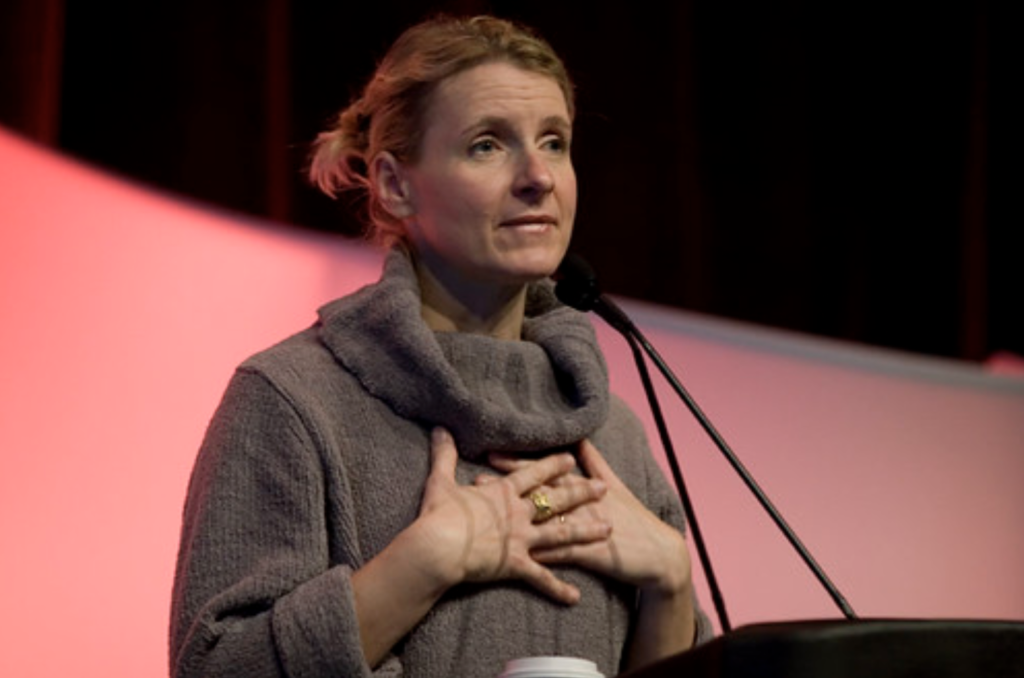
On falling apart:
As one guru said, “You should never give yourself a chance to fall apart because, when you do, it becomes a tendency and it happens over and over again. You must practice staying strong, instead.”
On your ego:
When you argue with yourself when trying to meditate, a guru explained: “That’s just your ego, trying to make sure it stays in charge. This is what your ego does. It keeps you feeling separate, keeps you with a sense of duality, tries to convince you that you’re flawed and broken and alone instead of whole.”
[…]
“[Your ego] doesn’t serve you. Your ego’s job isn’t to serve you. Its only job is to keep itself in power. And right now, your ego’s scared to death because it’s about to get downsized. You keep up this spiritual path and that bad boy’s days are numbered. Pretty soon your ego will be out of work, and your heart’ll be making all the decisions.”
On finding peace:
“The resting place of the mind is the heart. The only thing the mind hears all day is clanging bells and noise and argument, and all it wants is quietude. The only place the mind will ever find peace is inside the silence of the heart. That’s where you need to go.”
On letting go:
“You gotta learn how to let go…otherwise, you’re gonna make yourself sick…shut the door.”
On strength:
“You gotta stop wearing your wishbone where your backbone oughtta be.”
On contentment:
“I have searched frantically for contentment for so many years in so many ways, and all these acquisitions and accomplishments – they run you down in the end. Life, if you keep chasing it so hard, will drive you to death. Time – when pursued like a bandit – will behave like one; always remaining one county or one room ahead of you, changing its name and hair color to elude you, slipping out the back door of the motel just as you’re banging through the lobby…at some point, you have to stop because it won’t. You have to admit that you can’t catch it. That you’re not supposed to catch it. At some point…you gotta let go and sit still and allow contentment to come to you.”
On where to direct your energy:
“What should I do with all my energy instead? – Look for God. Look for God like a man with his head on fire looks for water.”
On seeking God:
“The search for God is a reversal of the normal, mundane worldly order. In the search for God, you revert from what attracts you and swim toward that which is difficult. You abandon your comforting and familiar habits with the hope (the mere hope!) that something greater will be offered you in return for what you’ve given up.”

On God’s acceptance of you:
“God dwells within you as you yourself, exactly the way you are. God isn’t interested in watching you enact some performance of personality in order to comply with some crackpot notion you have about how a spiritual person looks or behaves.”
In other words:
As Epictetus once wrote, “You bear God within you, poor wretch, and know it not.”
On knowing God:
“To know God, you need only to renounce one thing – your sense of division from God. Otherwise, just stay as you were made, within your natural character.”
On faith:
“If faith were rational, it wouldn’t be – by definition – faith. Faith is belief in what you cannot see or prove or touch. Faith is walking face-first and full-speed into the dark. If we truly knew all the answers in advance as to the meaning of life and the nature of God and the destiny of our souls, our belief would not be a leap of faith and it would not be a courageous act of humanity; it would just be…a prudent insurance policy.”
On prayer:
“Prayer is a relationship; half the job is mine. If I want transformation, but can’t even be bothered to articulate what, exactly, I’m aiming for, how will it ever occur. Half the benefit of prayer is in the asking itself, in the offering of a clearly posed and well-considered intention.”
On happiness:
“We search for happiness everywhere, but we are like Tolstoy’s fabled beggar who spent his life sitting on a pot of gold, begging for pennies from every passerby, unaware that his fortune was right under him the whole time.”
On the treasures within:
“Your treasure – your perfection – is within you already. But to claim it, you must leave the busy commotion of the mind and abandon the desires of the ego and enter into the silence of the heart…the supreme energy of the divine will take you there.”
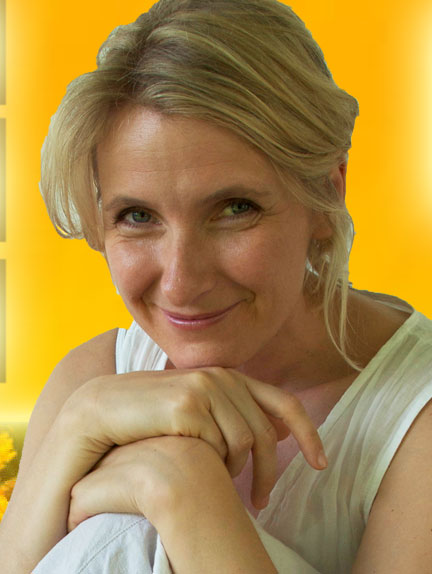
On recentering yourself:
“Imagine that the universe is a great spinning engine…you want to stay near the core of the thing – right in the hub of the wheel – not out at the edges were all the wild whirling takes place, where you can get frayed and crazy. The hub of calmness – that’s your heart. That’s where God lives within you. So stop looking for answers in the world. Just keep coming back to that center and you’ll always find peace.”
On meditation:
“To meditate, only you must smile. Smile with face, smile with mind, and good energy will come to you and clean away dirty energy. Even smile in your liver.”
On happiness:
“Happiness is the consequence of personal effort. You fight for it, strive for it, insist upon it, and sometimes even travel around the world looking for it. You have to participate relentlessly in the manifestations of your own blessings. And once you have achieved a state of happiness, you must never become lax about maintaining it, you must make a mighty effort to keep swimming upward into that happiness forever, to stay afloat on top of it. If you don’t, you will leak away your innate contentment. It’s easy enough to pray when you’re in distress but continuing to pray even when your crisis has passed is like a sealing process, helping your soul hold tight to its good attainments.”
On freedom:
“The search for contentment is, therefore, not merely a self-reserving and self-benefiting act, but also a generous gift to the world. Clearing out all your misery gets you out of the way. You cease being an obstacle, not only to yourself but to anyone else. Only then are you free to serve and enjoy other people.”
Similar posts:
- Anne Lamott on Joy, Contentment and the Value We Have Within
- The Dalai Lama and Archbishop Desmond Tutu on the Four Qualities of the Mind that Lead to Joyful Living
- Letting Go: The Bhagavad Gita on the Importance of Non-attachment
- The Secret to Self-Acceptance
- Claiming Responsibility for Our Lives: Thomas Merton on Discovering Meaning and Purpose Within
- Saint Augustine on the Happy Life and Finding Joy
- Epictetus on How to Live a Good, Fulfilling Life
- Gisele Bündchen on Self-Awareness, Challenging Your Thoughts and Paying Attention to Your Inner Voice

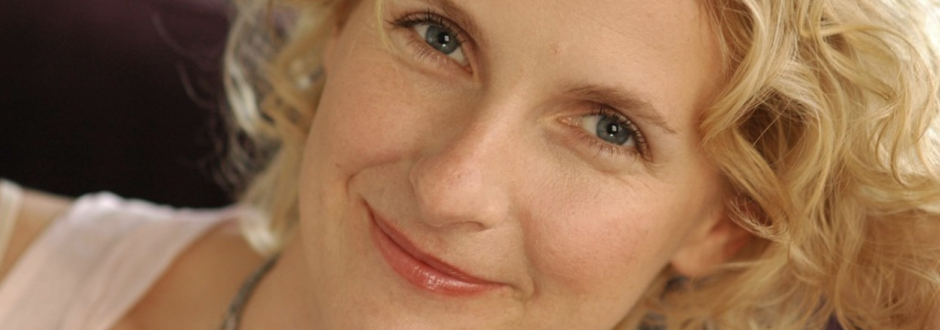
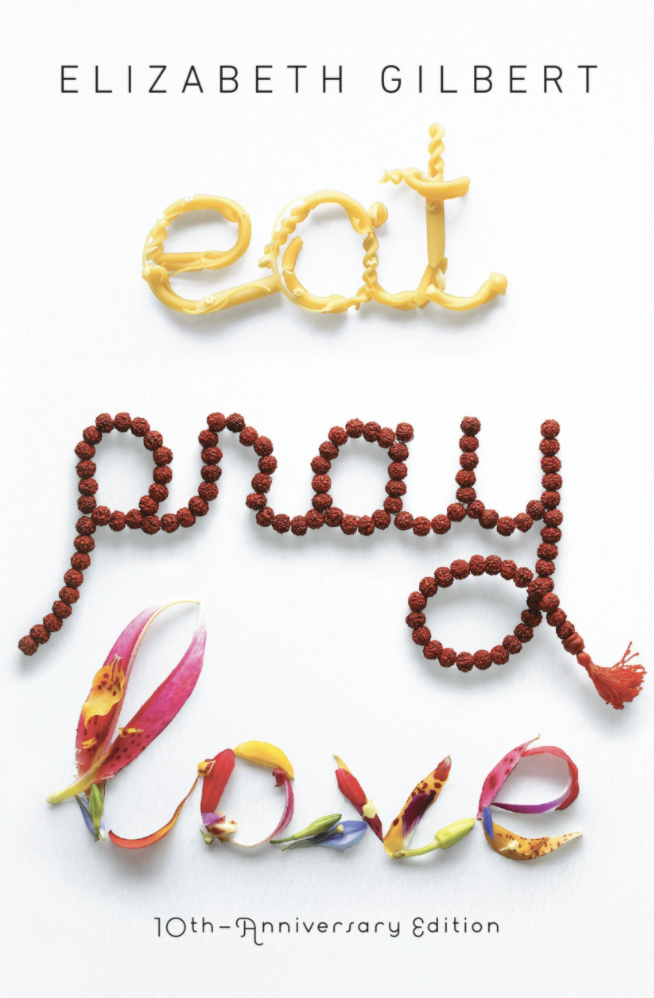
When Liz was being silent what did the sign she wore say?
What??